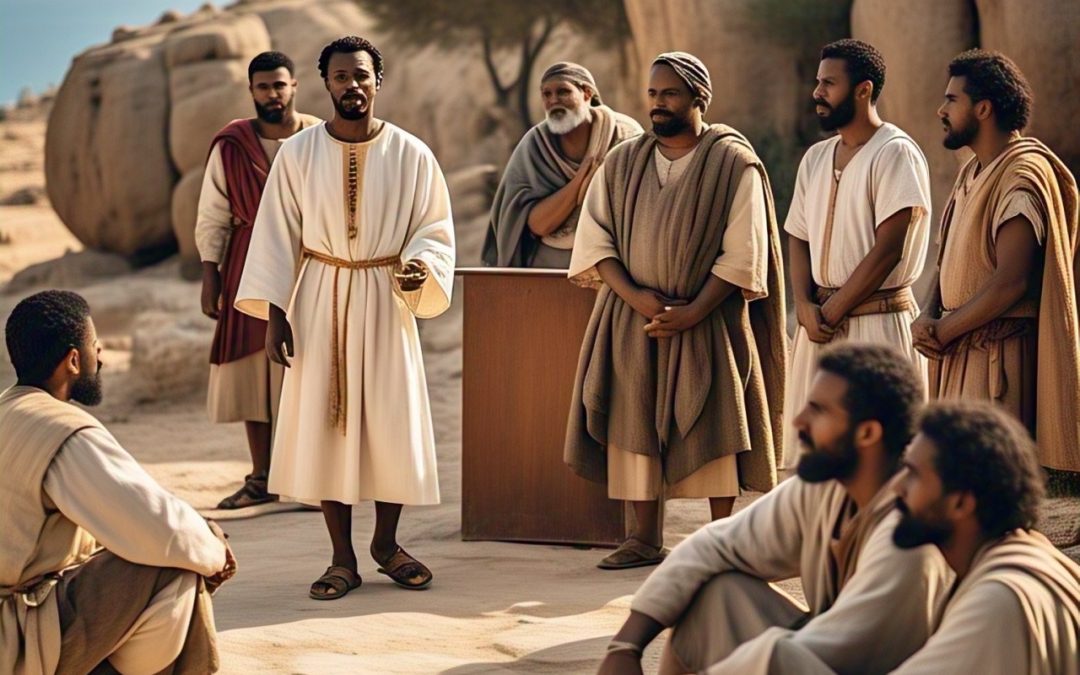From its inception, the Christian proclamation has disrupted comfortable assumptions, challenged established powers, and demanded radical reorientations of both personal and communal life. This inherently confrontational quality explains why the gospel has consistently provoked resistance throughout history.
Jesus Himself demonstrated the gospel’s provocative nature. His proclamation of God’s kingdom directly challenged religious and political authorities, questioned established social hierarchies, and redefined what constituted true faithfulness. Far from seeking universal approval, Jesus’ message attracted fierce opposition, ultimately leading to His execution as a perceived threat to social order.
The early church continued this disruptive witness, refusing to confine their message to private religious matters that wouldn’t disturb Roman social arrangements. Their insistence that “Jesus is Lord” implicitly challenged imperial claims and dominant cultural values. Their communities embodied alternative social practices that contradicted prevailing norms around status, wealth, and power. Consequently, they faced persecution precisely because their message was revolutionary proclamation.
What makes the gospel inherently disruptive is that it reveals both human brokenness and divine alternatives with uncompromising clarity. It names sin not merely in individualistic terms but in its systemic manifestations through economic exploitation, political oppression, and social exclusion. Simultaneously, it proclaims God’s radically different vision for human community, one structured around self-giving love rather than domination, generosity rather than accumulation, and inclusion rather than hierarchy.
Efforts to domesticate this message into “easily agreed-upon matters” fundamentally distort its character. When the gospel becomes reduced to affirming conventional morality, providing psychological comfort, or reinforcing existing social arrangements, it has been stripped of its prophetic power. The genuine gospel necessarily creates tension by exposing the gap between divine intent and human reality.
This challenges Christian communities to resist the temptation toward conflict-avoidance or people-pleasing. Authentic gospel proclamation will inevitably provoke disagreement precisely because it addresses matters of ultimate significance where human resistance to divine transformation runs deepest. The measure of faithful witness isn’t widespread approval but truthful engagement with the radical claims of Christ.
Prayer
God of Uncompromising Truth,
You who sent prophets to speak uncomfortable words and ultimately gave us Your Son whose message disturbed the powerful and privileged, forgive our tendency to reduce Your gospel to innocuous pleasantries that demand nothing and change nothing.
We confess our fear of conflict and our desire for approval that often lead us to soften Your message until it loses its transformative edge. We admit how tempting it is to discuss only those aspects of faith that generate easy consensus while avoiding the challenging demands of discipleship.
Embolden us to proclaim the full gospel in all its disruptive power. Give us courage to name sin in both personal and systemic manifestations, to speak truth about exploitation, injustice, and exclusion even when doing so brings opposition or cost.
Guard us against the subtle temptation to measure success by popularity rather than faithfulness. Remind us that Jesus Himself was rejected by religious authorities and executed by political powers precisely because His message challenged their comfortable assumptions.
When we face resistance for speaking difficult truths, sustain us with the knowledge that such opposition often confirms rather than contradicts our alignment with Your prophetic word. Where we have compromised Your message to avoid tension, renew our commitment to the gospel’s radical claims.
Help us discern the difference between unnecessary provocation and necessary confrontation. May we speak truth with both courage and compassion, never softening the message’s demands yet always expressing them through genuine love for those challenged by its implications.
Through Jesus Christ, who did not come to bring easy peace but the sword of truth that divides falsehood from reality.
Amen.


Recent Comments